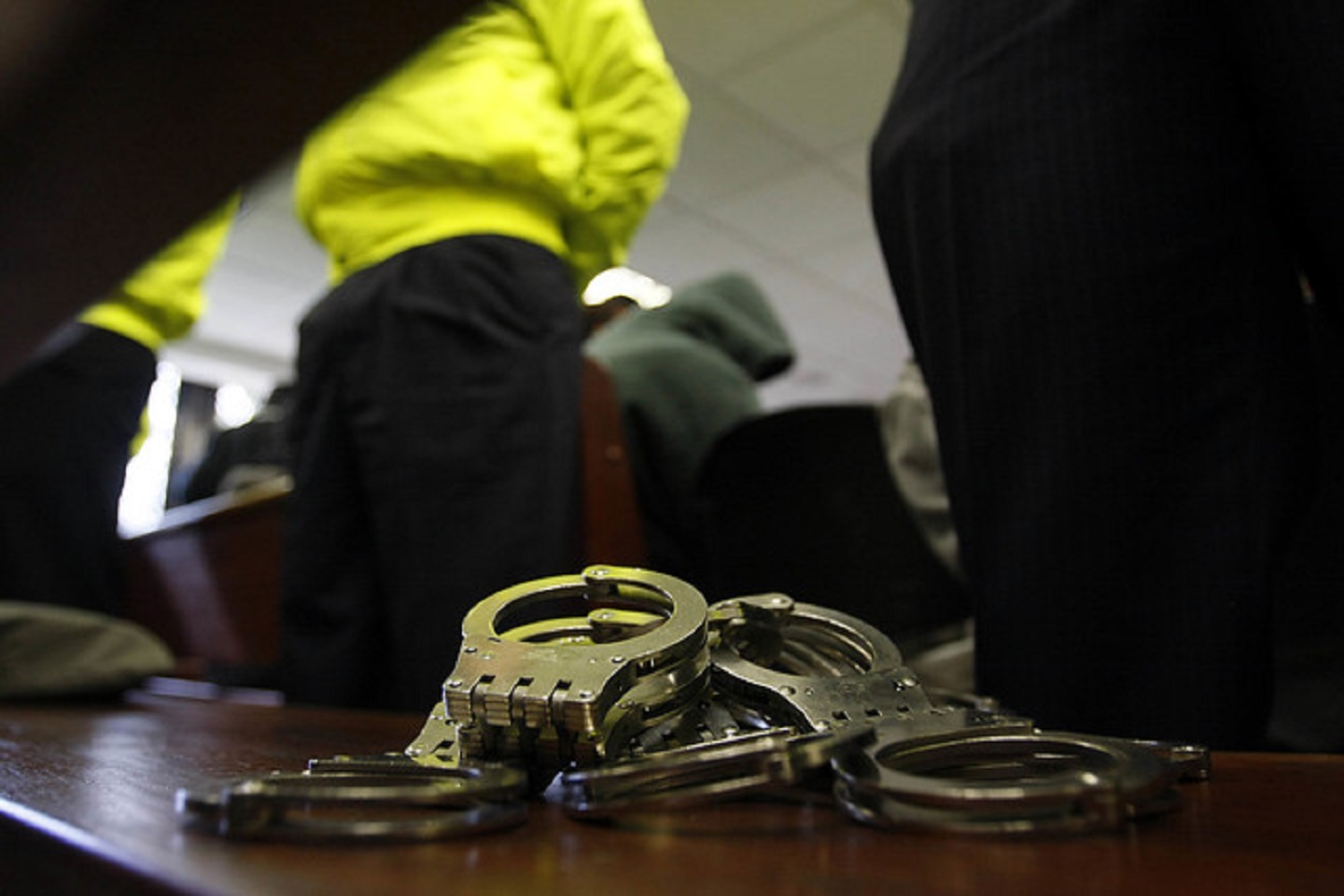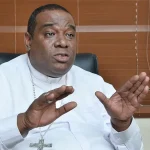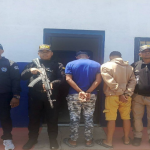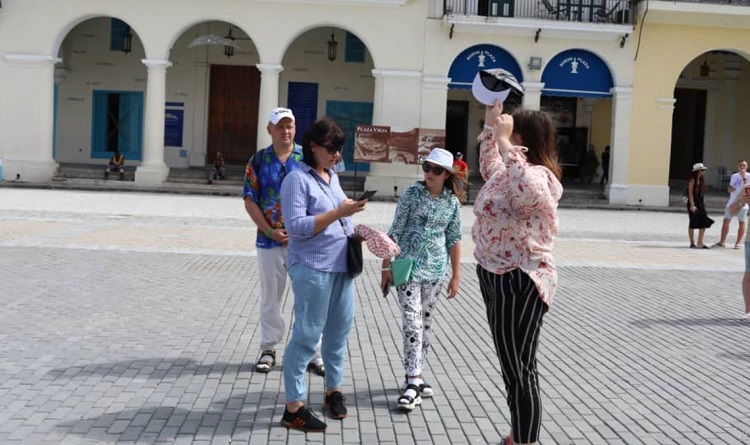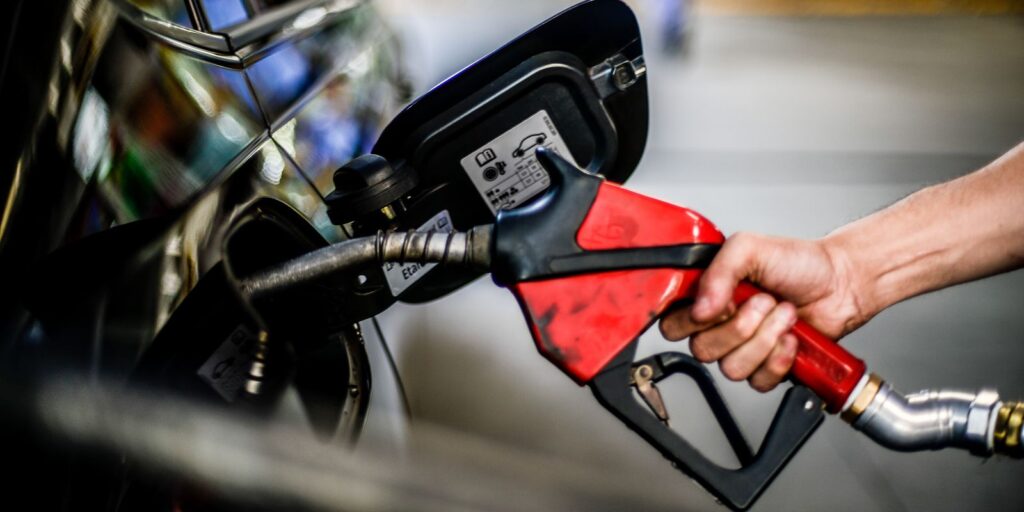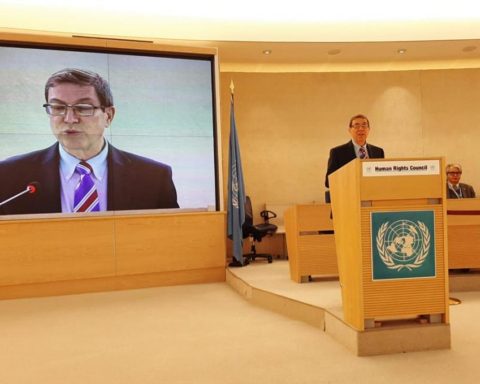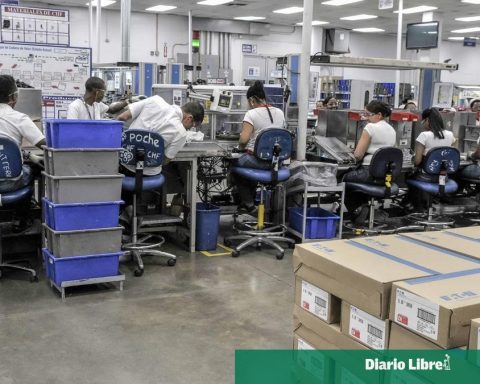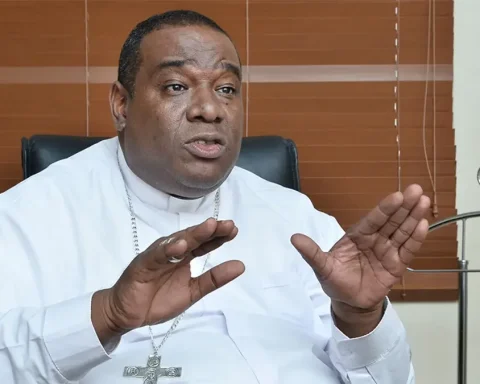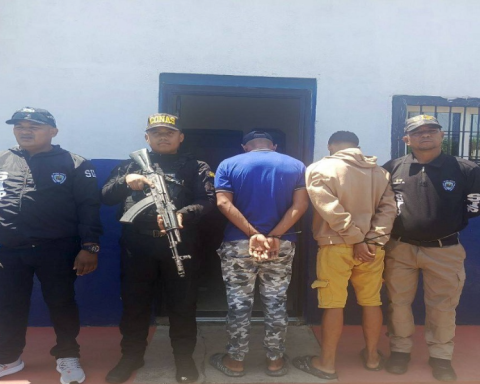This Saturday it was learned that the Specialized Directorate for the Extinction of Ownership Rights of the Office of the Attorney General of the Nation “imposed precautionary measures of suspension of the dispositive power, embargo and kidnapping” on 26 properties, which would be at the service of an illegal network indicated to alter and counterfeit medicines and food in various departments of the country.
According to the report provided by the investigating body, said affected goods “are located in Soacha (Cundinamarca), Montenegro (Quindío), Bucaramanga (Santander) and Bogotá”.
Also read here: Judge orders the release of the former governor of Santander, Hugo Aguilar
The report provided by the Attorney General’s Office also indicates that “in these properties the criminal organization, known as ‘Los Pillilleros’, allegedly stored the products, modified their manufacturing and expiration dates, among other records.”
The agency also reported that “it gave them an appearance of authenticity to sell them by request or market them in Bogotá, andespecially in the towns of Engativá, Puente Aranda, Fontibón, Tunjuelito, Antonio Nariño, Los Mártires, Suba, Bosa, Rafael Uribe Uribe and San Cristóbal”, in the country’s capital.
Also read in this space: The Esmad was decorated in Congress
The Prosecutor’s Office advanced the investigation that allowed to reveal this criminal company. Sources from the investigating entity also indicated that “the properties, valued at 13,900 million pesos, were identified and occupied thanks to the joint work of the Prosecutor’s Office and the Sijín of the Bogotá Metropolitan Police. The properties were made available to the Special Assets Society (SAE) for its administration.
As the sources recalled, “the Attorney General’s Office guarantees the right of access to justice for the inhabitants of the national territory, through the investigation of punishable conduct, the exercise of criminal action and the action of extinction of the right of domain, within the framework of due process.Likewise, it protects the rights to truth and reparation of the victims of crimes and actively participates in the design and execution of the criminal policy of the State
